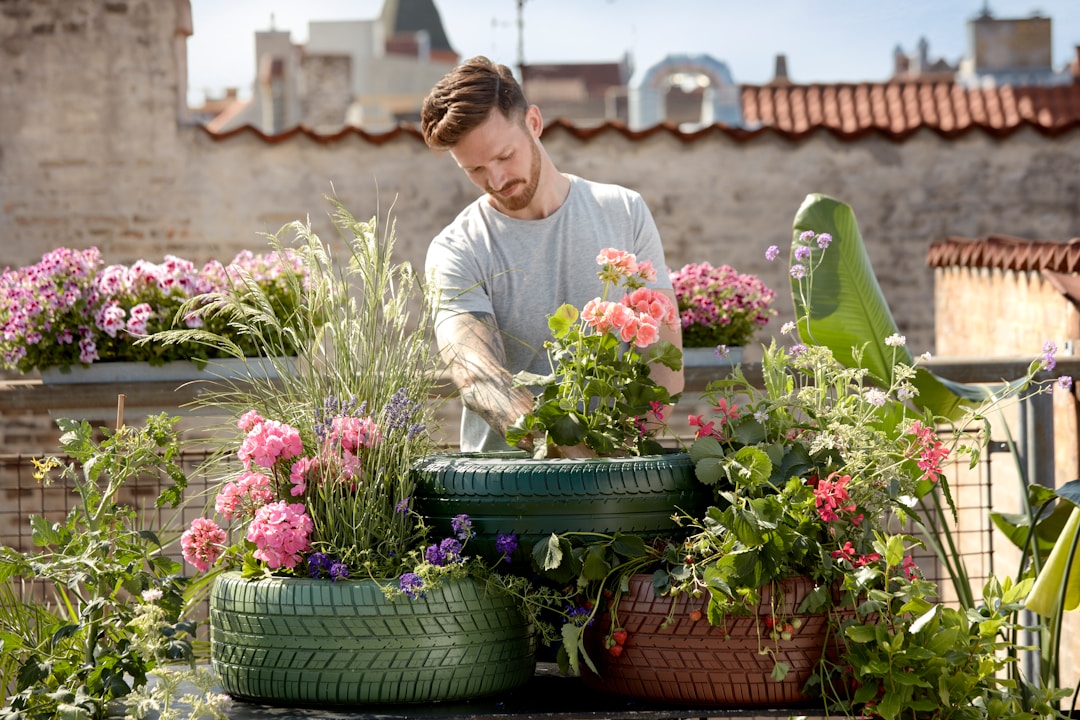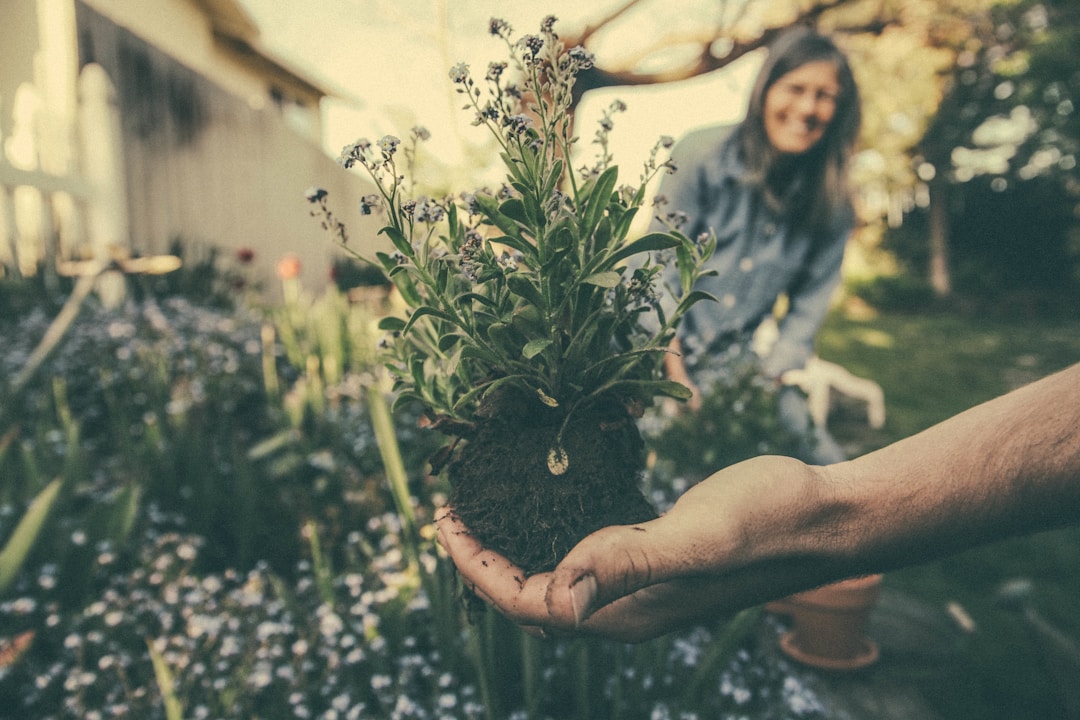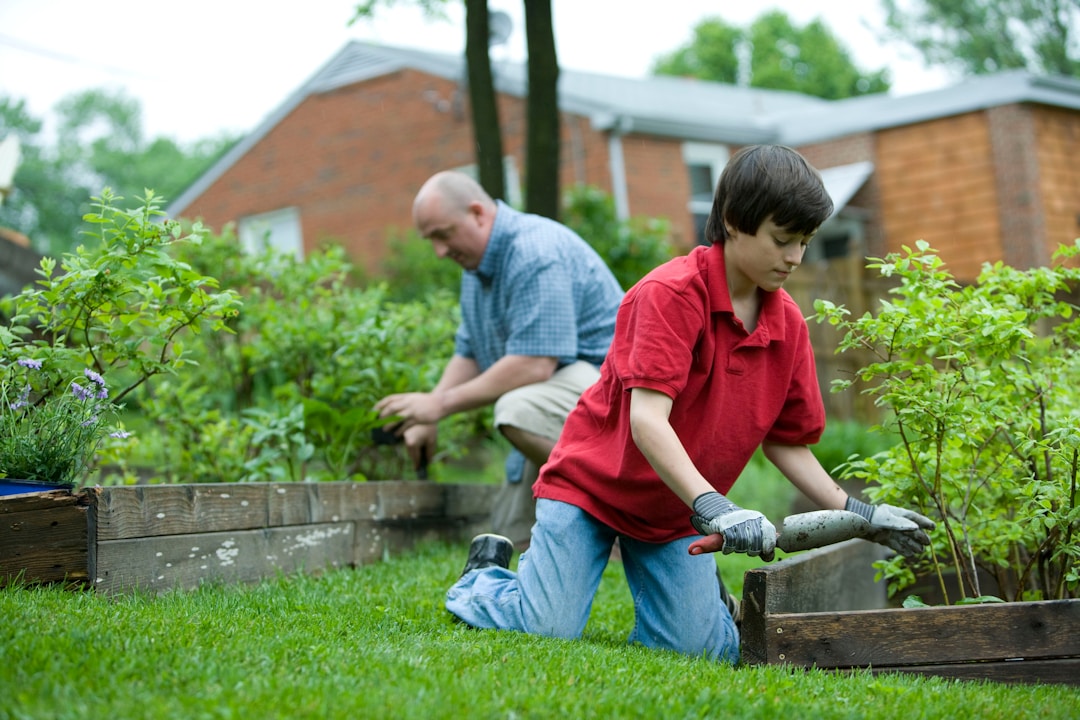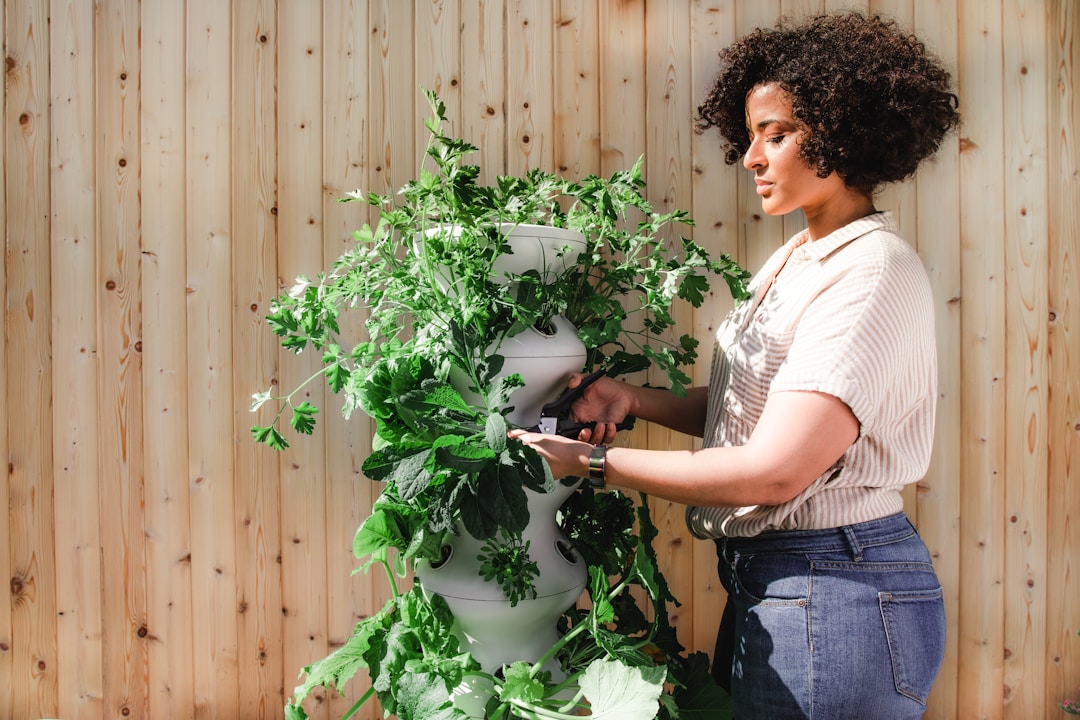Have you heard of horticultural therapy? As a relatively unknown treatment option, it’s likely not a type of therapy you understand very well. Nevertheless, this particular therapy has many benefits that can help patients with anxiety disorders, PTSD, panic disorders, and other mental health conditions.
By using plants and the act of gardening, a therapist, psychologist, or psychiatrist can help participants reduce the impact of conditions from phobias to social anxiety disorder and everything in between. You might even find some physical health benefits as an additional bonus outcome.
1. Decreasing Your Stress

Of course, the mental health benefits of horticultural therapy are the main event, so to speak. Time spent in nature generally has an array of emotional benefits but, when used as a purposeful therapeutic intervention, you’ll find that the time you spend in the garden or greenhouse is especially impactful.
You might even decide to build a greenhouse or flower bed of your own at home to bring those same positive feelings with you once treatment ends! The benefits of time spent outdoors in the fresh air and sunshine are plentiful and a greenhouse is no exception—whether it’s the vitamin D or the physical motion of gardening, you’re sure to see emotional benefits from time spent in the greenhouse for horticultural therapy.
2. Adding to Other Treatments

Like conventional psychotherapy for anxiety, major depression, or other mental health problems, one particular perk of horticultural therapy is that your treatment plan won’t have to be crafted around each component and potential interactions—there are very few instances where gardening would interfere with an antidepressant or other aspect of your treatment. Whether you’re utilizing psychotherapy to treat panic disorder or medication to relieve PTSD, you can add horticultural therapy to your medical without additional concern.
3. Caregiving Opportunities

In their daily life, many people who suffer from mental or emotional conditions (or, for that matter, physical ailments) feel like a burden on their loved ones who must care for them. Through horticultural therapy, that dynamic is turned on its head. In gardening, the therapy recipient is responsible for taking care of the plants in their greenhouse or flower bed.
While participants know, on some level, that this treatment is meant to help them, the recipient of horticultural therapy can also learn to care for another being. Even if that’s only a plant, it’s enough of a duty to make an impact. This responsibility can help those with suicidal ideation as well—because their plant needs their care, they have a reason to get out of bed each morning.
4. Social Connection

Whether you’re dealing with social anxiety, agoraphobia, or another condition, self-isolation is a significant symptom for many people seeking psychotherapy or alternative treatments. In horticultural therapy, you’ll often work with a group—at the very least, you’ll meet with your therapist and others on your way to and from your session. By offering social exposure, horticultural therapy can offer an especially effective treatment of anxiety or other conditions that manifest through social withdrawal and similar symptoms.
5. Physical Benefits

As a type of physical activity, it should come as no surprise that gardening—and, more specifically, horticultural therapy—comes with physical benefits as well as mental. In addition to offering a bit of exercise, horticultural therapy has been associated with lower heart rate, blood pressure, and overall stress. Regardless of your mental state, those benefits are sure to be enticing.
Used in conjunction with psychotherapy or as a primary form of treatment, horticultural therapy is being used by an increasing number of mental health professionals in treating anxiety and other conditions. From a chance for social connection and an opportunity to care for a living thing to mental and physical health effects, the benefits of horticultural therapy are plentiful. You can even begin to implement the concept in your own greenhouse at home!





